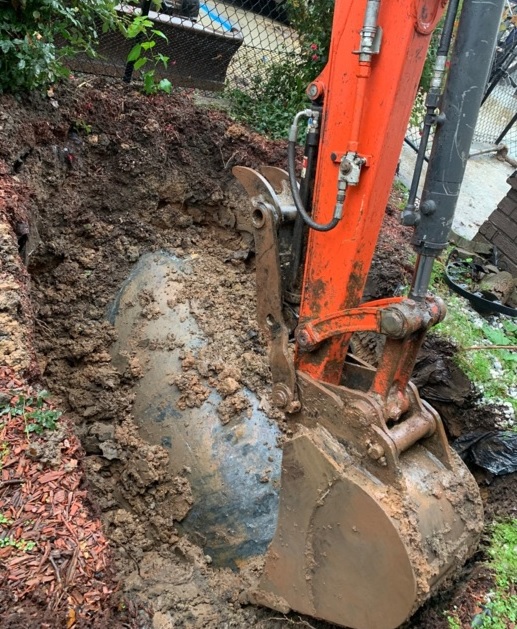Buying a house is an exciting journey filled with decisions and considerations. In New Jersey, one particular concern that frequently arises during the home buying process is the presence of an underground oil tank. While these tanks were once commonly used for heating purposes, their presence can present challenges during a property transaction. However, with the right knowledge and precautions, purchasing a home with an underground oil tank in New Jersey can be navigated smoothly. Here are some essential tips to consider:
Tank Inspection: Before finalizing the purchase, insist on a thorough inspection of the underground oil tank. Engage a reputable oil tank removal company in New Jersey to conduct a comprehensive assessment. They will evaluate the tank’s condition, potential leakage, and any environmental risks associated with it. This inspection is critical to understanding the tank’s status and potential remediation costs.
Review Environmental Records: In New Jersey, environmental regulations regarding underground oil tanks are stringent. Research the property’s environmental history and request any available records related to the tank. Check for past leaks or clean-ups, as these could impact the property’s value and future liabilities.
Legal Compliance: Ensure that the tank complies with New Jersey state laws and regulations. Some older tanks might not meet current standards, and bringing them up to code can be expensive. Consulting with a real estate attorney who specializes in underground oil tank issues is advisable to understand legal ramifications.
Insurance Coverage: Verify if the homeowner’s insurance covers any potential issues related to underground oil tanks. Some insurers might have specific clauses or limitations regarding these tanks. Discuss this with your insurance provider to comprehend the extent of coverage or any potential additional costs.
Remediation Costs: If the tank requires removal or remediation, obtain estimates from multiple oil tank removal companies in New Jersey. Seek quotes that include not only the removal process but also any soil testing and cleanup expenses. These estimates will help in negotiating the property price or understanding the financial commitments post-purchase.
Negotiation and Contingencies: Use the inspection results and cost estimates as negotiation points. You can negotiate with the seller to either remove the tank before the sale or adjust the price to accommodate potential remediation expenses. Including contingencies in the purchase contract regarding the tank’s condition is also prudent.
Future Prevention: If you decide to proceed with the purchase, consider investing in homeowner’s insurance that specifically covers underground oil tank issues. Additionally, regular maintenance and inspections of the heating system can prevent potential problems down the line.
Consult Professionals: Throughout the process, seek guidance from professionals experienced in dealing with underground oil tanks. Real estate agents, environmental consultants, oil tank removal companies, and legal experts can provide invaluable insights and guidance.
Buying a house with an underground oil tank in New Jersey requires diligence and careful consideration. While the presence of a tank shouldn’t necessarily deter you from purchasing a property, it’s crucial to approach the situation with awareness and thorough evaluation. By following these tips and working closely with knowledgeable professionals, you can make an informed decision and navigate the process confidently.

